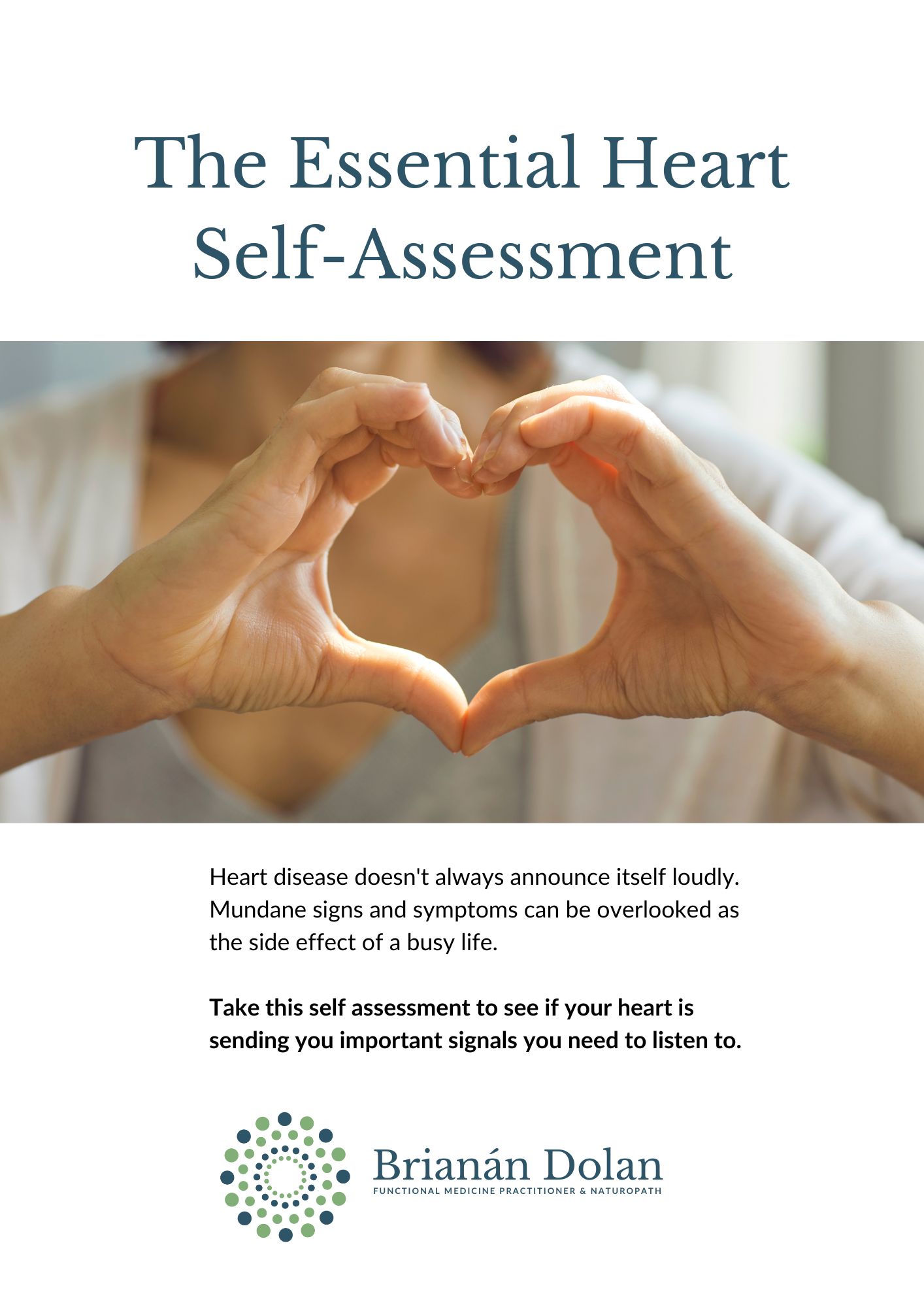What is the biggest killer out there of both men and women?
When I ask people this question, most assume it’s cancer, considering the prevalence of breast, colon, and prostate cancers. While awareness about cancer is high, it’s surprising to many that heart disease is the leading cause of death, claiming twice as many women as breast cancer. Alarmingly, there is a significant lack of education about heart disease, often referred to as the silent killer. This is because conditions like high blood pressure can go unnoticed until a heart attack or stroke occurs.
I strongly advocate for annual health check-ups to monitor your cardiovascular health. Knowing your cardio blood markers through a comprehensive Cardiometabolic blood test can be crucial. If your markers indicate risk, you can take preventative steps to avoid becoming a heart disease statistic.
Women who have gone through menopause face the same heart attack risk as men if they don’t take hormone replacement therapy. Estrogen, which is heart-protective, drops significantly post-menopause, increasing the risk.
Family history of heart disease is a red flag, and those with such history should consider annual monitoring. Many factors contributing to heart disease are within our control, and educating ourselves about these risk factors is vital.
RISK FACTORS:
- Hypertension: Known as the silent killer, it affects many people without noticeable symptoms.
- Diabetes: High blood sugar can damage blood vessels and nerves that control the heart. Monitoring blood sugar markers is essential.
- Obesity: This contributes to hypertension and diabetes, increasing heart disease risk.
LIFESTYLE FACTORS:
- Diet: Aim for a high-protein, healthy fat, low-carb diet with plenty of colorful veggies.
- Physical Activity: The heart is a muscle that needs exercise. Lack of exercise contributes to obesity and other risk factors. Remember, sitting is the new smoking!
- Smoking: It’s well-known that smoking damages blood vessels, reduces oxygen in the blood, and raises blood pressure.
AGING POPULATION: As people live longer, the likelihood of developing heart disease increases due to age and other risk factors.
GENETIC PREDISPOSITION: Family history of heart disease elevates the risk for relatives.
GENDER-SPECIFIC FACTORS:
- Women: Heart disease is often under-recognized and under-treated. Symptoms may differ from men, leading to delays in diagnosis and treatment.
- Men: They are at higher risk of heart disease at an earlier age, partly due to hormonal differences affecting heart health.
SOCIOECONOMIC AND ENVIRONMENTAL FACTORS:
- Stress: Chronic stress contributes to heart disease through increased blood pressure and unhealthy coping mechanisms like smoking and poor diet.
- Access to Healthcare: Limited access to preventative care and treatment can lead to higher rates of heart disease. Socioeconomic status often influences diet, exercise, and access to medical services.
Despite being a leading cause of death, public awareness about heart disease and its risk factors is often insufficient. This lack of awareness can lead to poor preventative measures and late diagnosis.
Many cases of heart disease could be prevented through more education and action. Lifestyle changes are often difficult to implement and maintain. ,But who would have thought twenty years ago that smoking would be banned due to the effects upon public health. The banning of smoking was due to the awareness of the effects upon our health. We need the same drive for heart disease, it is preventable but we do need more education and predictive blood markers not just the bog standard cholesterol (HDL and LDL) and triglycerides. It is important to have all the predictive blood markers so there is a good overall picture. No one wants a false sense of security and then end up a heart statistic.
If you have questions or concerns about your heart health, please don’t hesitate to book in for a call with me here.





